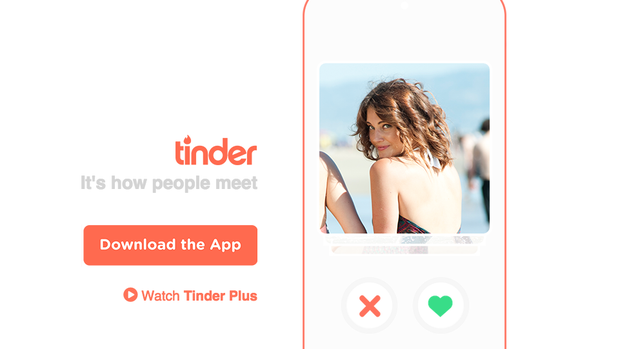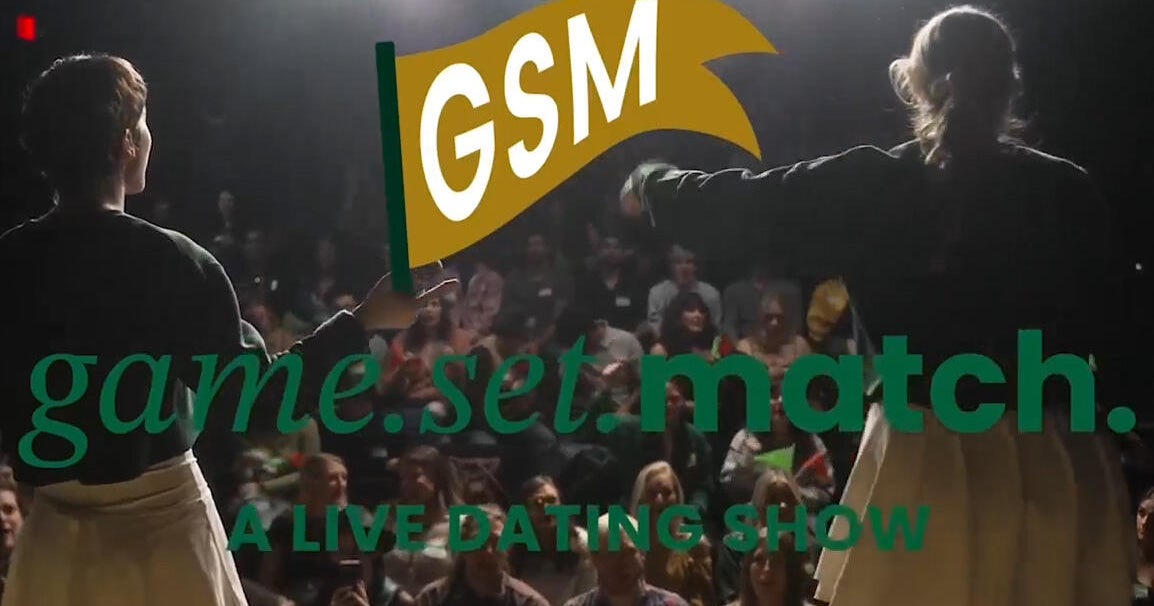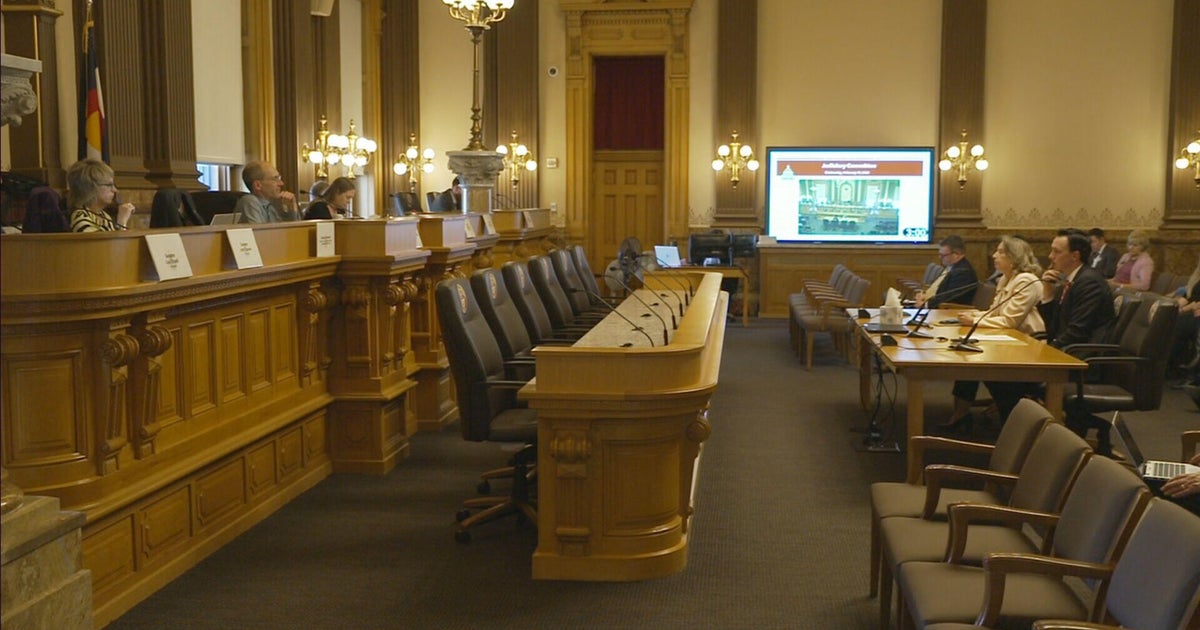This online dating preference changes with age
The explosion of online dating has given academic researchers an unprecedented opportunity: to analyze vast troves of digital data to tell a fuller story on how humans, in this moment in time, are approaching the dating game.
New research from Australia sheds light on what online daters are actually looking for, and how those criteria dynamically evolve as they age.
The researchers from Queensland University of Technology analyzed hundreds of thousands of online dating interactions from the Australian dating site RSVP, involving 41,000 individuals during a four-month period last year. The participants ranged in age from 18 to 80 years old.
The study, to be published in the upcoming April issue of the journal Personality and Individual Differences, shows that the importance of education levels is one factor that changes significantly with age.
The study found that online daters with a high level of education are consistently likely to reach out to those who have the same level of education when they are younger. But, as that highly educated cohort ages, they care less about how much schooling a potential mate obtained.
Less educated daters show the opposite trend: they tend to care more about connecting with those of the same education level as they get older.
In online dating, education tends to function as a “proxy for resources and future provision as it can represent economic advantages,” study co-author Stephen Whyte said in a statement. He and Benno Torgler, both behavioral economists, collaborated on the research.
Gender, age and education intersect in interesting ways, the study showed. Older women and younger men are more likely to contact potential partners with higher educational levels than their own — dating “up,” in a sense.
Previous research suggests that couples who share similar education levels enjoy a range of benefits, including increased gender equity and stability within their marriages.
The new data on online dating trends adds complexity to a long line of research, starting in the 1970s, showing that individuals tend to choose partners based on symmetry in factors like age, appearance, attractiveness, personality, religion, race, etc.
In research terms, this phenomenon is known as “positive assortative mating behavior,” or homogamy.
The tendency to choose partners with similar education levels is significant given the vast range of choices individuals have when dating online.
“The internet has completely changed how people choose dating partners to find love,” Whyte said. “Cyber dating permits multiple partner choices in real time, which allows for a significantly greater available choice of potential mates. This increased pool means greater opportunity for selection of partners with lower, similar or even higher levels of certain characteristics.”
The researchers described the internet as a “completely new conduit through which humans can search for a mate,” and there are many aspects of its impact that still aren’t fully understood.
“Research into whether the Internet is facilitating or accentuating changes in educational assortment behaviour and its impact on social equity is still in its infancy,” they note.




